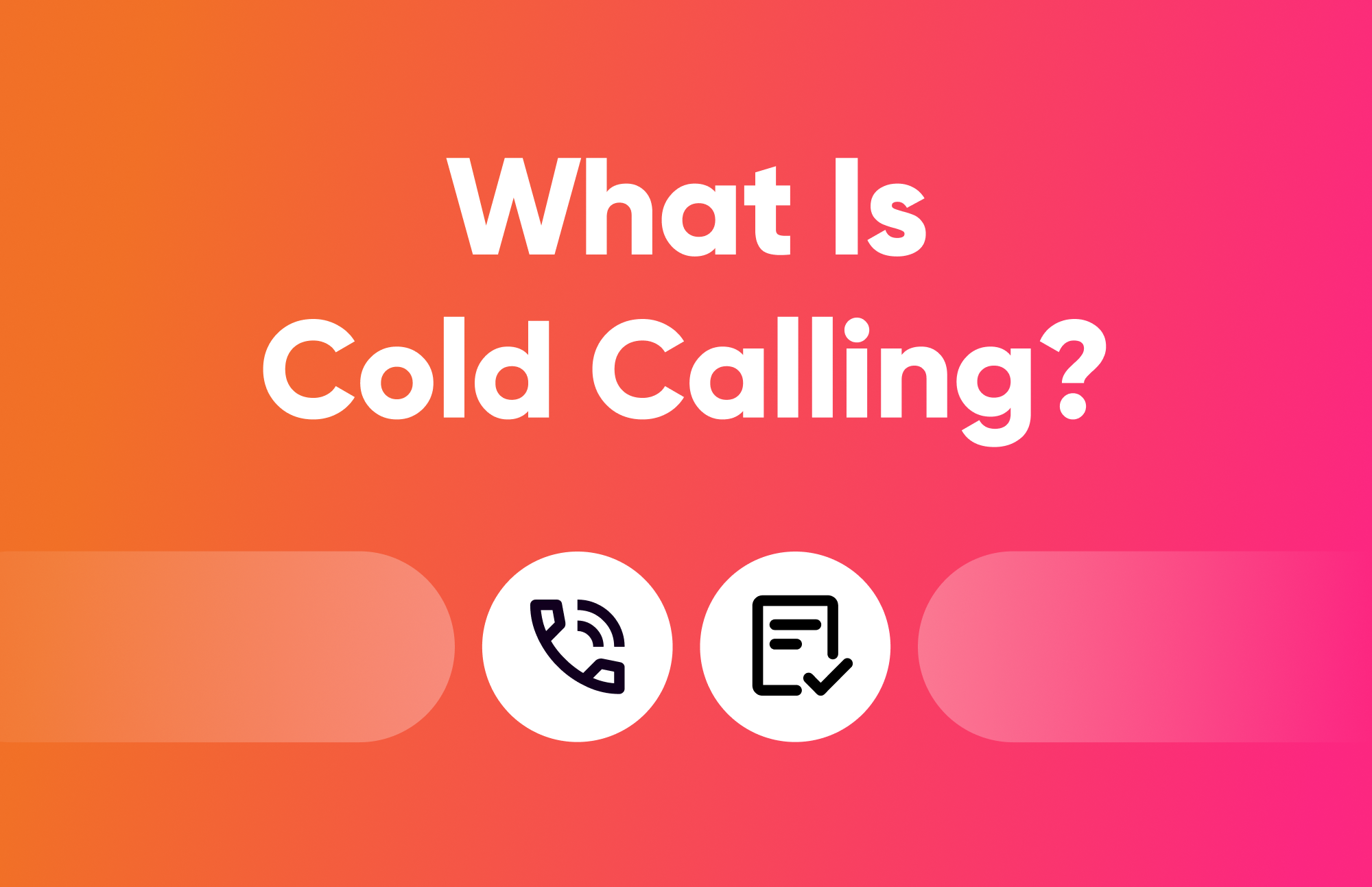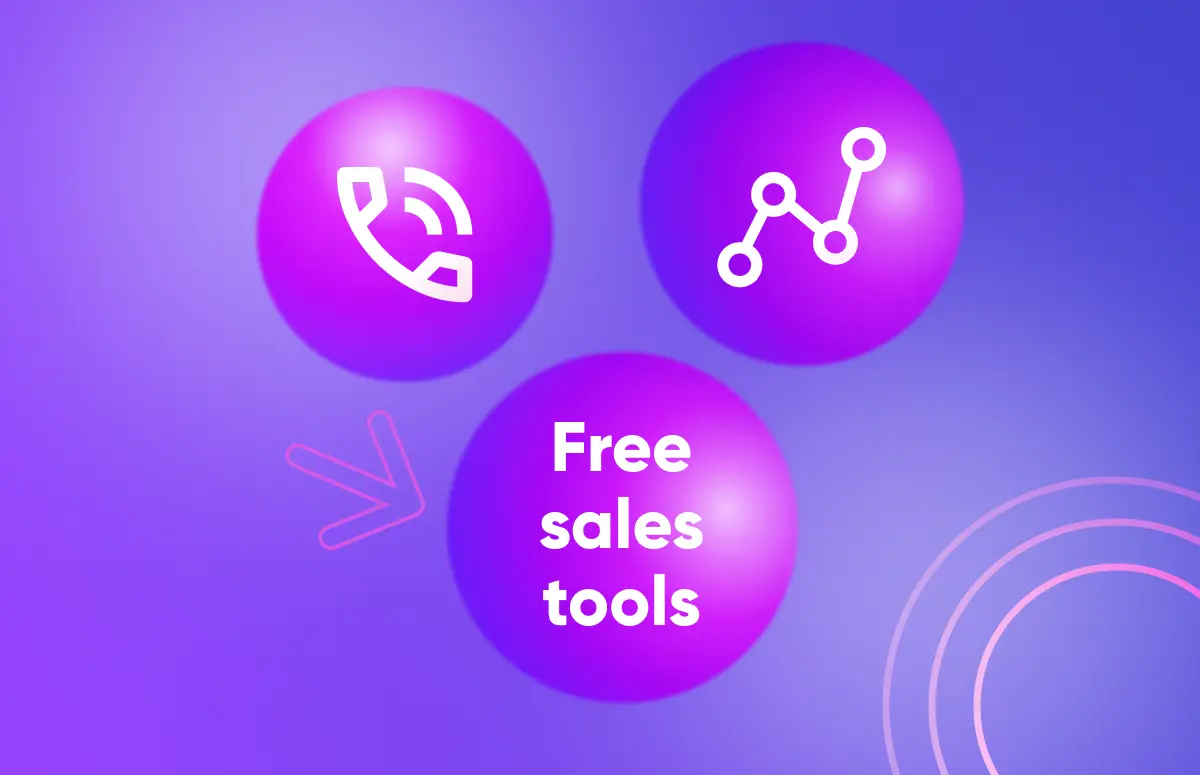
Sales development representatives (SDRs) are crucial in outbound sales. Their role is to focus on prospecting, outreach, and lead qualification.
Some of the responsibilities of an SDR include:
- Booking meetings.
- Initial outreach to prospects.
- Discovery of pain points.
A sales rep’s world centers around lead generation rather than closing deals. Once a meeting is booked, the rep will pass the prospect onto an AE for further discovery. ⏭️
What is a sales development representative?
SDRs are responsible for outbound activity. Their main focus is on prospecting and building the sales pipeline.
The goal for sales reps is to book meetings with potential customers. They work towards this by building relationships with prospects from cold outreach.
Outbound sales calling, cold emailing, and LinkedIn networking are used. 🤙
It’s not about closing deals. Sales development reps reach out to leads to qualify them and push them down the sales cycle. Once the meeting is in the diary, an account executive (AE) will give them a demo and run a discovery session.
What do SDRs do?
SDRs play a crucial role in a sales team's success by bridging the gap between marketing and sales.
Their responsibilities involve two main parts:
- Inbound sales prospecting. SDRs focus on nurturing leads who have expressed interest and interacted with the company through its marketing channels.
- Outbound sales prospecting. This involves reaching out to potential customers who haven't engaged with the company's product yet, also known as cold leads.
The goal of reaching out to prospects isn’t to book a meeting straight away.
Shabri Lakhani, Strategic Advisor at Kaspr says:
“We’ve gone from what was a ‘book the meeting’ mentality with a phone call and email, to an expectation that SDRs need to be strategic, leverage all channels, and have better conversations.”
Building awareness and generating demand takes time.
Keep in mind, that prospects don't neatly fit into your CRM funnel. They have their own priorities, and buying from you might not be at the top.
Here is Chet Holmes' buyer's pyramid. It represents all the potential buyers in the market.
Some are ready to buy, some are not, and others might never buy from you whatever the circumstances. 👇

The winning zone for SDRs who are outbound selling is made up of 30% who are ‘not thinking about it’.
They might not be in the market to buy right now, but they could be swayed if they are aware a better option exists.
SDR vs. BDR: How are they different?
Okay, so we’ve gone through the fundamentals of the SDR role. But what about business development representatives (BDRs)?
The two roles can be confusing as they do overlap. 😵💫
Here is how to tell the difference between an SDR and a BDR:
- SDRs are responsible for inbound lead qualification.
- BDRs are responsible for outbound lead qualification.
Sales reps deal with prospects that might already know of you. BDRs will have a cold calling list to reach out to new contacts in the industry.
To push the right prospects further down the sales process, it's important that SDRs and BDRs fully understand their ideal customer profile (ICP).
Both roles share similar responsibilities like:
- Booking meetings.
- Being on sales demos with AEs.
- Digging for pain points.
The job description of an SDR
Usually, being a rep is an entry-level position. So, to start out, you don’t need a higher education degree, but some experience in sales might help. This could even be in a B2C environment, where most people first get introduced to sales.
Typical responsibilities of the role include:
- Prospecting and creating lists of people to outreach to in target accounts.
- Qualify, follow up, and engage with inbound leads already interested.
- Multi-thread stakeholders within target accounts to create a strong business case.
- Build long-term relationships with prospects.
- Set up meetings or demos with prospective clients for account executives.
- Identify the needs and pain points of the prospects.
- Outreach new target prospects through cold calling, emailing, and social media.
- Help maintain relationships with existing clients.
- Follow up with existing prospects in the CRM to try and identify new needs.
- Give relevant marketing materials to prospects.
How much can you make as an SDR?
It’s no secret that you can make decent money in sales. 🤑
But when you’re just getting started, what can you expect?
Often, companies split out sales rep salaries into a base salary and a bonus centered around your performance. Built In, says that the average base salary in the US for an SDR is $57,836, with the potential to make an additional $24,634 in bonuses.
Whereas Indeed reports a $75,707 base salary with $10,900 in commission per year on average.
The split really depends on the industry you work in, plus your experience. If you’ve had an SDR role before, it’s often easier to negotiate a higher base salary.
A day in the life of a sales development rep
Being an SDR requires routine and great time management skills.
Your typical day as a rep could look like. 👇
08:00 - Arrive at the office
Check emails, look for priority messages, and grab a coffee.
09:00 - Research for insights
Respond to LinkedIn engagement, and prioritize top prospects.
10:00 - Power hour
Blast through cold calls and make as many dials as possible.
11:00 - Follow-up time
Check emails and follow up on any calls.
13:00 - Post-lunch review
A sit-down with the SDR manager to review performance and resolve any blockers.
13:30 - Prepare to power through dials
Check emails and social channels, and then prepare for the next two hours of cold calling.
14:00 - Qualification calls
Time to get in the zone and qualify prospects to push further down the sales cycle.
16:00 - Prep for the next day
Wrap it up. Research, and prepare for tomorrow.
17:00 - SDR career progression time
Further learning before the end of the day. Prep for practice account executive interview.
The skills needed to be a sales representative
Being an SDR isn’t easy. There’s plenty of rejection and objections to overcome. Plus, of course, hitting your target!
To be successful in B2B sales, you need a certain skillset. 🧰
Prospecting skills
B2B prospecting is all about identifying potential customers that match your ICP. It’s the step before reps reach out.
💡 Not sure how to create an ICP?
Research your database and find out:
- Who are your top five customers?
- Who are your most profitable customers?
- Who are your worst five customers?
Once you’ve identified your ICP, dig into their pains. Mark Ackers, Co-Founder & Head of Sales at MySalesCoach, says:
“SDRs need to know how to speak the language of their ICP. The ultimate questions to be answered are: what is top of mind for your prospect when they go to work? When they get home in the evening, what are they moaning about? Knowing this is how you can improve their lives if they buy our product or service.”
Active listening
This is a way of listening and responding to the prospect that improves mutual understanding.
Elaine Tyler, CEO and Founder at Venatrix, says that this skill is crucial when companies are looking to hire SDRs:
“Being a successful SDR involves a lot of listening and understanding your clients. Asking the right questions, seeming curious and coachable and having that hunger to learn.”
“That’s what organizations really want from an SDR when they’re looking to make and hire.”
Skills like this help reps build relationships and pique interest. It is crucial for those first-touch conversations where you’re gauging how suitable a target account is for your company.
Product knowledge
To deliver the perfect pitch, you need to understand your product's features and benefits.
Product knowledge means SDRs know that their solution is right for the prospect. This seriously helps with getting those meetings booked.
Sophie Pease, Enterprise Account Executive at Cognism says:
“Building your product knowledge is something that you can do as an SDR. Blocking out even just one hour per week.”
“It’s not just something that will help you progress to being an AE, but also something that is really going to benefit you as a sales rep to get those meetings booked.”
Communication skills
It’s important to be able to communicate effectively across a variety of channels as a rep. Think about it, you’ve got to convey a clear message across the phone, email, messages and video or voice notes.
Strong communication skills mean you’ll deal with objections and problem-solve more efficiently.
Callum Beecroft, Sales Recruiter at The Phonejacker says:
“All SDRs got is their words and body language as well. That’s part of communication. The fundamentals never change despite all the noise and everything that goes on in the sales world. It’s just the best salespeople are the ones that are going to be able to communicate the best”
Time management
This is a big one. You have to be organized in sales.
A proper routine and time-blocked day will help any rep stay consistent and improve your productivity.
Jamie P., Strategic Advisor at Kaspr offers the following tips:
- Take a step back. Break down your overall target into the number of conversations you need daily.
- Eat the frog. “Do the hardest thing first”. Make cold calls between 8 and 9 in the morning. This gets it out of the way. Take the lessons you learn into the next cold call.
- Multi-cadence. What’s your overall intention? It’s easy to get distracted. Let’s say your goal is to remain top of mind for key C-suite decision-makers. Every time you have a conversation, end it by asking if you can add the prospect on LinkedIn.
Belief in yourself
Confidence is the most valuable skill you can have as an SDR.
Ben Ward-Cochrane, VP of Demand at Huq Industries, explains why:
“Throughout your career in sales, you will have a lot of challenges. So trust yourself and be confident. As long as you stay true to who you are and your values and trust your own ability, you’ll be absolutely fine.”
Top advice for SDR career progression
“How will I progress?” Is usually a top question for new SDRs.
It’s usually a role that’s viewed as a bit of a “stepping stone”.
Shabri Lakhani explains how your role as an SDR might evolve in the clip below. Even if some companies decide to restructure, Shabri explains why she thinks there will always be a need for sales reps. 🎬
If you want to stay in outbound sales, the two most common paths are:
- Promotion to account executive (AE).
- Sales or SDR management.
There are so many transferable skills in the SDR role. But how do you prove that you are AE-ready?
An AE’s main function is to help clients unpick pain points through demo and discovery calls. Their aim is to close the deal. 🤑
You need to master your current role as an SDR before you decide where you want to go next. But here are some top tips from Cognism AEs for SDR career progression.
- Be a top-performing SDR, consistently.
- Get your working patterns and time blocking on point.
- Lean into your AE pairing.
- Get your interview prep nailed.
- Always reflect on your performance.
Thomas Allcock, previously Enterprise Sales Manager at Cognism adds to this and says:
“Have a plan for how you envision where you want to go. Not just about the job role but also from a holistic point of view.”
What to look for when hiring SDRs?
The competition in the SDR hiring landscape is intense. There is high demand for the job role within companies and it’s more fashionable to work in sales than it used to be.
The SDR can be key for starting careers straight out of university or pivoting to other areas of business.
So, what’s currently trending in the world of SDR recruitment?
Short ramp period
Regardless of experience level, the onboarding ramp period for SDRs, whether fresh out of education or seasoned, is about the same.
Shabri Lakhani says:
“The Bridge Group ran a survey, and they looked at SDRs with experience and straight out of education SDRs. And it didn’t make a big difference with onboarding. The ramp period for both of them was about a month.”
This finding highlights the adaptability of companies in their approach to onboarding.
Talent vs. experience
The focus is shifting towards hiring individuals with intrinsic qualities like dedication, curiosity, and professionalism. Rather than relying solely on experience.
Having the right mindset is really important, too. Callum Beecroft says:
“If you don’t have the right mindset and don't want to do it, then it’s never going to work. And you’re just going to quit. So mindset is such an important thing to work on.”
“And whether it comes to recruitment or coaching, one of the questions I would ask is why you want to work in sales? It’s a brutal job. And a lot of rejection is hard work.”
Beyond the CV
Diversity matters. When hiring, always seek individuals from various backgrounds.
It’s essential to focus on qualities like motivation, ambition, and hunger, which may not be trainable but are crucial for success in a sales role.
Getting on the phones ASAP
Many companies now focus on getting their new SDR hires on the phone quickly.
Why?
Because jumping into real calls right away helps you pick up practical skills. On the phone, you’re actually having conversations.
You’re speaking to your ICP, learning what they sound like and testing out new messaging constantly. These insights immediately make you more effective on other channels as well.
Owen Richards, Founder and CEO at Air Marketing says:
“For the first month, I’d give them a phone. I wouldn’t even give them email. Focused on the phone, going out as many conversations."
"If you get zero opportunities, I’m happy with that. But tell me what you learned from these conversations. Tell me what you learned from the skills that you need to get better at, what’s working in messaging, and that can then translate into other channels."
FAQs about sales development representatives
What is the best SDR tool?
Kaspr is a prospecting tool that provides easy access to email addresses, phone numbers and company information.
There is a Chrome Extension for getting contact details while prospecting on LinkedIn and a web app for lead management. SDRs can get their prospect’s contact data profile-by-profile or in bulk from events, groups, posts and lists
Once you have the data you need, you can explore the various data enrichment features within the Kaspr dashboard.
In the web app, you can create automated workflows and LinkedIn outreach sequences, organize your leads and send data straight to your CRM or other apps.
Sales reps can start with the freemium version of Kaspr, with no credit card required to sign up.
Can you start an SDR job without experience?
Many companies hire sales reps with no previous experience. Some value experience more, though, so if you’re applying for an SDR position, it’s important to remember this. While experience is beneficial, what matters most is strong communication skills, a proactive attitude, and a willingness to learn.
Entry-level positions should provide sales coaching, making them accessible for those looking to start a career in selling.
How to become a successful SDR?
Despite all the noise on digital channels, the fundamentals of sales never change. Communication skills are so important.
Be persistent in reaching out to and following up prospects and understanding their needs. Learn the ins and outs of the product or service you’re selling. Stay open to continuous learning as the business landscape evolves.
Building and maintaining positive relationships with prospects and colleagues is key. Stay organized to manage your workflow efficiently, and don’t be afraid to adapt your strategies based on feedback and results.
Success often comes from skills, adaptability, and a customer-centric approach.
Think you’ve got what it takes?
SDRs are the core of B2B companies 💥
Their primary focus is on prospecting and qualifying leads through the sales pipeline.
As a sales development representative, you:
- Are responsible for outbound sales. Using tactics like cold calling, cold emailing, and LinkedIn networking to book meetings with potential customers.
- Need to find prospects that match your ICP and pass them to AEs. Rather than closing deals, you push leads down the sales funnel.
- Are slightly different from BDRs. SDRs often contact and qualify inbound leads, and BDRs do outbound lead qualification.
- Have lots of transferable skills. There are so many skills in sales that will further your career.
- A hungry to progress in your sales career. Mastering the sales development rep role is essential before deciding where to go next.
💡 Want more tips? Check out prospecting on demand, our video hub. You'll find outbound tactics from the best in the game in our Teach Me Outbound series. Find out how they are smashing quota and what you can take into your own approach.
Accurate European contact data
Get accurate data for your prospects and connect with your favorite sales tool
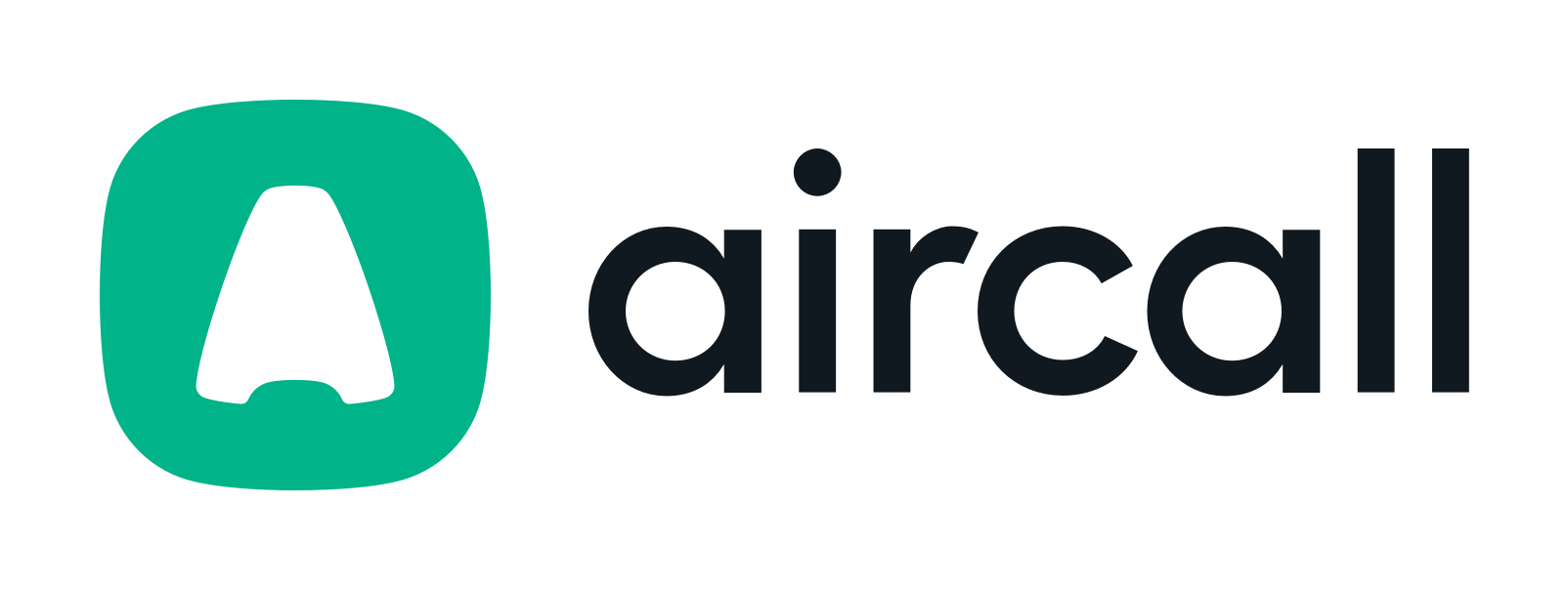
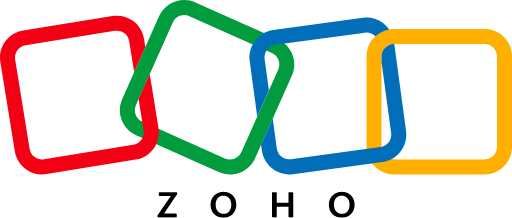



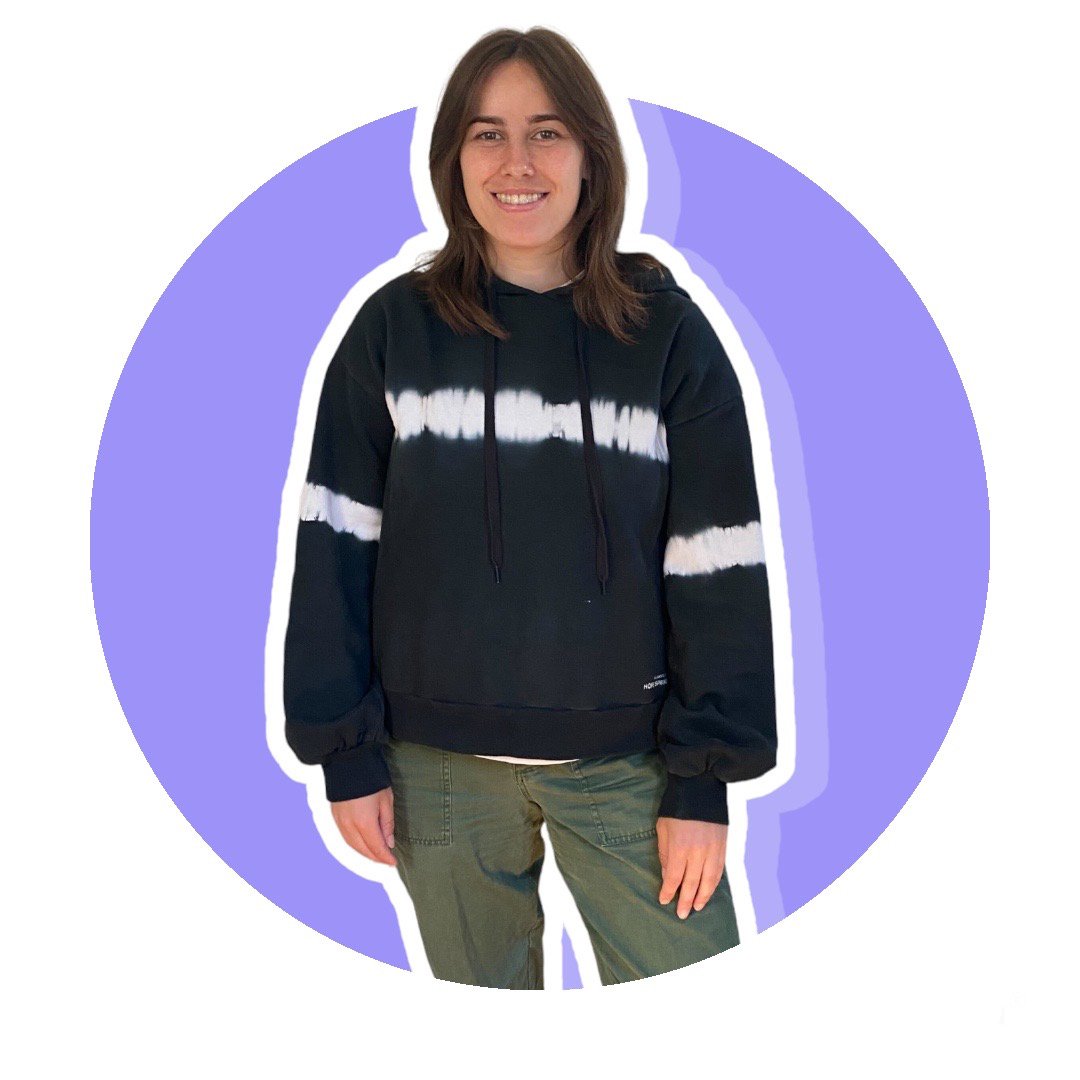


![15 Best Sales Cadence Software For 2025 [Compared]-festured-image](https://6052405.fs1.hubspotusercontent-na1.net/hubfs/6052405/2023%20-%20Blog/EN%20SEO%20blogs%20%28Clusters%29%20%5B%2B%20FR%2c%20ES%20and%20DE%20variations%5D/Outbound%20sales%20%28cluster%29/Sales%20cadence%20software/EN_sales-cadence-software-card.png)
